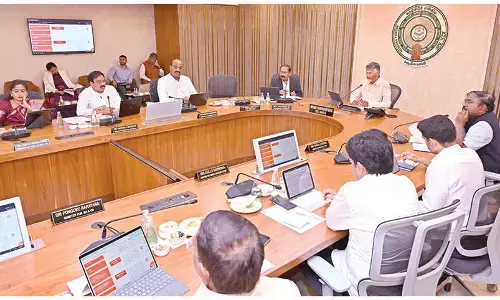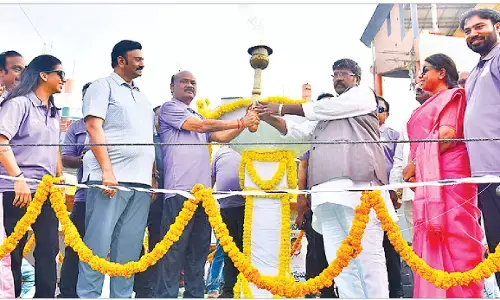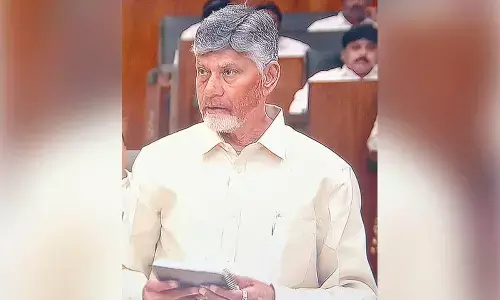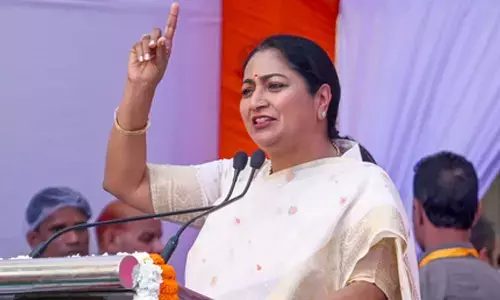Prohibition of discrimination

Way back in 1950, the Constitution of India explicitly banned any practice of untouchability and laid down stringent measures against it. Article 17 of the Constitution of India bans the practice. The Parliament enacted the Untouchability Act, 1955, to eliminate any form of caste-based discrimination.
Way back in 1950, the Constitution of India explicitly banned any practice of untouchability and laid down stringent measures against it. Article 17 of the Constitution of India bans the practice. The Parliament enacted the Untouchability Act, 1955, to eliminate any form of caste-based discrimination. But, the Constitution also paved for positive discrimination in both educational institutions and public services for Dalits and other social groups who lie within the caste system.
Prohibiting casteist harassment is another act, the SC and the ST (prohibition against atrocities) Act, 1989, which calls for stern punishments against any practice of caste discrimination. Constitution of India ensures Equality before law and it includes equal treatment for every citizen irrespective of his caste, race, religion, gender or place of birth.
To make untouchability law further strong, parliament passed Untouchability (offences) Act in 1955 which came into force 1st June, 1955. This act was further amended and renamed in 1976 as Protection of Civil Rights Act, 1955. It provided penalties for preventing a person from entering a place of worship or from taking water from a tank or well.
Right to equality is an important and meaningful right provided for in Articles 14, 15, 16, 17 and 18 of the constitution. It is the principal foundation of all other rights and liberties, and guarantees the following: Equality before law (Article 14); Social equality and equal access to public areas (Article 15); Equality in matters of public employment (Article 16); and Abolition of untouchability ( Article 17); and Abolition of Titles (Article 18 State from conferring any titles except military and academic.
The awards of Bharat Ratna and Padma Vibhushan cannot be used by the recipient as a title). However, nothing in Article 15 shall prevent the State from making any special provision for advancement of women and children, any socially and educationally backward classes of citizens or for the Scheduled Castes and the Scheduled Tribes.











